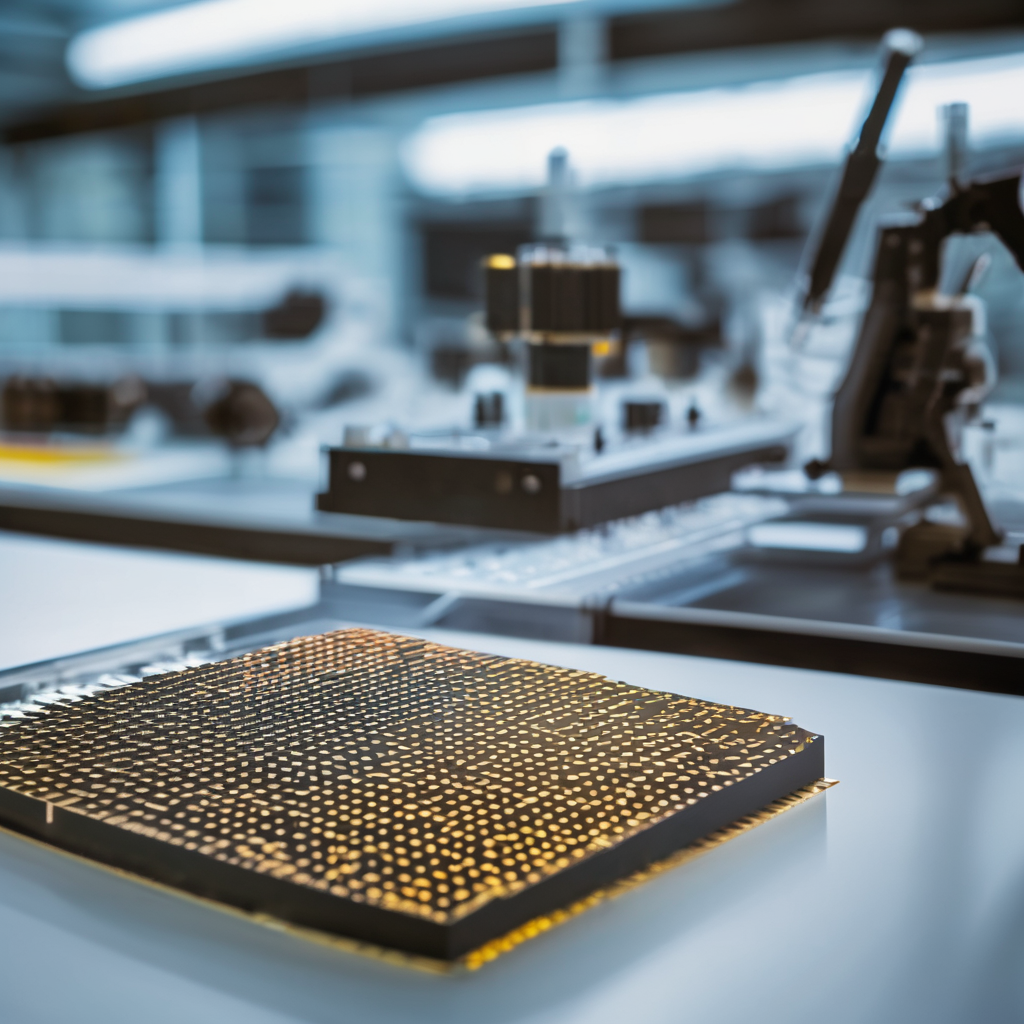TSMC has launched an internal investigation related to allegations that Lo Wen-jen may have taken trade secrets with him to Intel during his transition from the Taiwanese semiconductor giant to the US chipmaker. According to reports from Bloomberg and local Taiwanese newspapers, Lo, who retired from TSMC earlier this year, recently joined Intel at the age of 75. The investigation aims to determine if any confidential information was improperly transferred prior to his departure. However, it remains unclear if TSMC has established the extent of any potential damage resulting from this situation.
Taiwan’s Minister of Economic Affairs, Kung Ming-hsin, acknowledged concerns over national security implications linked to these allegations but did not provide further details. Additionally, Minister Wu Cheng-wen of Taiwan’s National Science and Technology Council confirmed that TSMC is actively looking into the matter.
Lo Wen-jen was previously responsible for corporate strategy at TSMC and played a significant role in advancing research and technology development. He was instrumental in TSMC’s mass production of advanced chips used in AI accelerators. Before his tenure at TSMC, Lo spent time at Intel, managing advanced technology development, including overseeing a chip factory in Santa Clara, California. He holds a doctorate in solid-state physics and surface chemistry from UC Berkeley.
Despite these allegations, Intel’s CEO, Lip-Bu Tan, downplayed the reports, asserting that the company respects the intellectual property of other firms. He characterized the claims surrounding Lo’s transition as mere “rumor and speculation.” Tan made these remarks during the Semiconductor Industry Association Awards in San Jose, where TSMC CEO C.C. Wei and former Chairman Mark Liu were honored.
Relations between Intel and TSMC have been tense in recent years, particularly as Intel endeavors to close the technology gap with TSMC, which is the primary manufacturer of cutting-edge chips for companies like Apple and Nvidia. Former Intel CEO Pat Gelsinger had previously warned against an over-reliance on TSMC amid geopolitical uncertainties within the Taiwan Strait, highlighting the complexities in their competitive landscape.
As this situation develops, it underscores the intertwined nature of the semiconductor industry, where rivalry and cooperation coexist, reflecting broader geopolitical dynamics.
